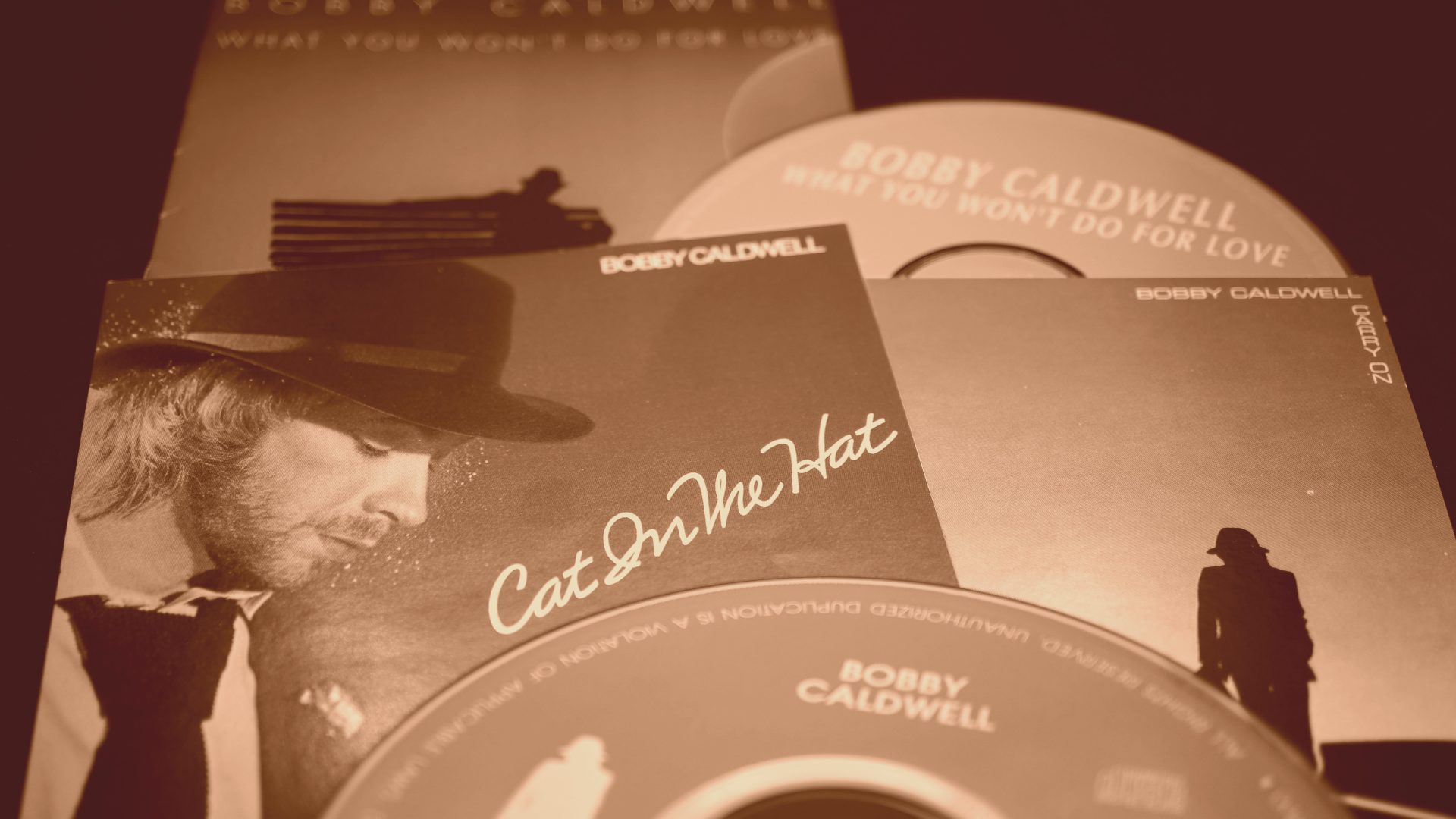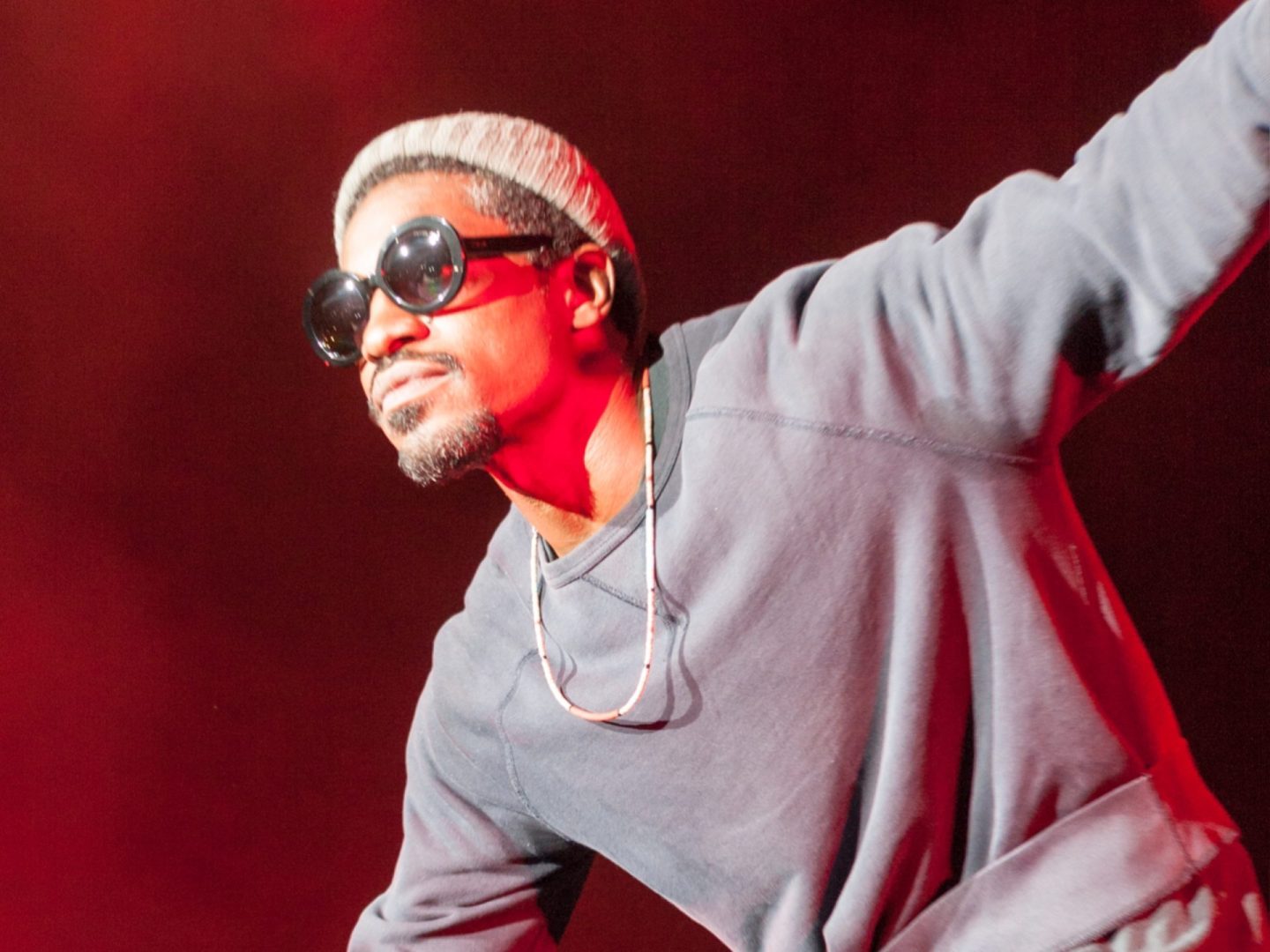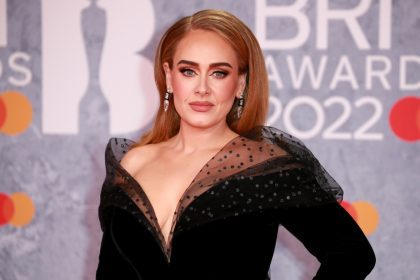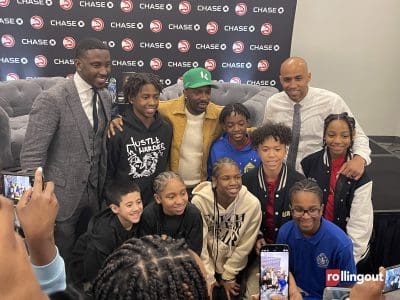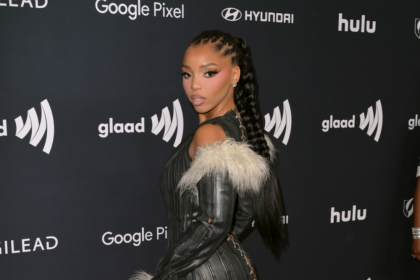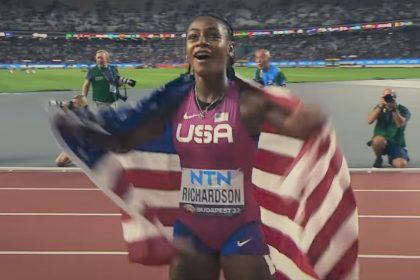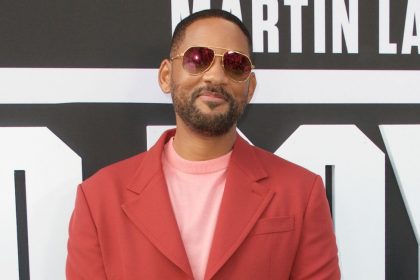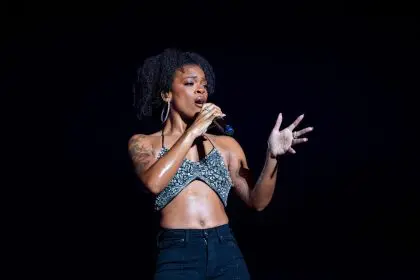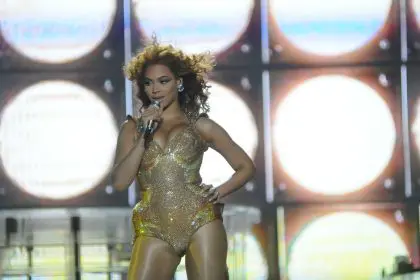When the smooth, velvety voice of Bobby Caldwell first graced the airwaves, it marked the beginning of a musical journey that would span decades. His passing in 2023 left a void in the world of soul music, but his influence continues to reverberate through the industry. Caldwell’s ability to blend R&B, jazz and pop created a sound that felt both fresh and timeless, speaking to listeners across generations.
It’s impossible not to acknowledge the rich history of blue-eyed soul and its profound connection to Black culture. This genre — characterized by white artists performing R&B music — has produced some of the most beloved tracks in musical history, and more importantly, within Black American culture.
Teena Marie, often referred to as the “Ivory Queen of Soul,” was a trailblazer in this space. Growing up in a predominantly Black neighborhood in Venice, California, Marie absorbed the sounds of Motown and developed a style that earned her respect and admiration within the Black community. Her collaborations with Rick James and her solo hits like and “Portuguese Love” and “Lovergirl” cemented her status as a soul icon. In the early 2000s she collaborated with Faith Evans, one of the few old-school R&B singer at the time to do so.
Michael McDonald, with his distinctive baritone voice, brought soul to rock audiences as a member of The Doobie Brothers before launching a successful solo career. His work on tracks like “I Keep Forgettin’ (Every Time You’re Near)” showcased his ability to infuse R&B sensibilities into pop structures, creating a sound that resonated deeply with diverse audiences and made him an in-demand background singer and collaborator with R&B legends like Patti LaBelle and James Ingram. And we can’t forget that the sample underneath Warren G’s “Regulate” came from that McDonald classic.
Jon B, emerging in the mid-90s, became a fixture in the R&B scene with his smooth vocals and production skills. His collaboration with Tupac Shakur on “Are U Still Down” remains a classic, bridging the worlds of R&B and hip-hop in a way that felt authentic and heartfelt.
These artists — along with Caldwell — paved the way for a new generation of soul singers who continue to push the boundaries of the genre. Today’s landscape of blue-eyed soul is rich and diverse, with artists bringing fresh perspectives while honoring the traditions that came before them.
One standout is Adele, whose powerhouse vocals and emotionally charged lyrics have earned her critical acclaim and a devoted fanbase. Her ability to convey raw emotion through her music speaks to the very essence of soul, transcending racial and generational boundaries.
Sam Smith has carved out their own niche with a voice that seems to channel the great soul singers of the past. Their music often explores themes of love, loss and identity, resonating with listeners who appreciate depth and vulnerability in their artists.
For those who grew up with the sounds of 90s R&B, JoJo‘s evolution as an artist has been a joy to witness. From teen pop sensation to mature vocal powerhouse, her journey mirrors the coming-of-age of many of her listeners, making her music feel particularly personal and relatable.
The emergence of artists like Teddy Swims and Mac Ayres signals a new chapter in blue-eyed soul. These young performers bring a fresh energy to the genre, infusing it with elements of hip-hop, indie, and electronic music while maintaining the soulful core that defines the style.
As we look to the future of blue-eyed soul, it’s clear that the genre is in good hands. These artists, diverse in their approaches but united in their respect for the music’s roots, ensure that the spirit of Bobby Caldwell and his contemporaries lives on. They remind us that great soul music — regardless of the artist’s background — has the power to touch hearts, spark joy, and bring people together.
Or as video essayist F.D Signifier said in his “Eminem and the White Rapper Paradox” video:
“Bobby Caldwell can find the right groove and talk about love and Dusty Springfield could sing about a preacher man. … There would be so much missing from hip-hop as we know it today if we remove some of these white artists [like Eminem], just like it would suck if we remove Bobby Caldwell or Teena Marie from soul or R&B from their era. Are you trying to go to an old folks’ set or a cookout and not hear Teena Marie or Bobby Caldwell? Is that the world you want to live in?

